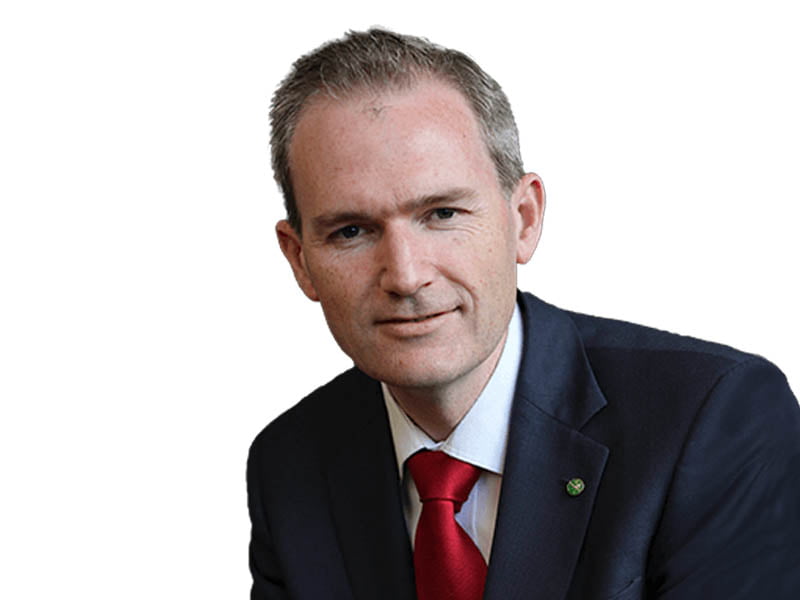The federal government will review its business investment visas to make sure Australia is getting the best deal possible on the back of its “first of its kind” efforts to recruit overseas tech talent, immigration minister David Coleman said.
In a speech to the Sydney Institute, Mr Coleman outlined the government’s skilled migration plans following the renewal of the Global Talent-Employer Sponsored (GTES) scheme and the launch of the Global Talent Independent Program.
The GTES allows businesses to access fast-tracked visas under the Temporary Skills Shortage category, while the new scheme involves government actively recruiting highly skilled workers from overseas.

Mr Coleman said skilled migration was the “lynchpin” of the government’s approach to immigration.
“Skilled migrants add value to Australian businesses, they generate significant tax revenue, they start their own companies. They create the conditions that lead to more Australian job opportunities. And it stands to reason that the more skilled a migrant is, the better,” Mr Coleman said in the speech.
The government would soon conduct a review of its business investment visas, which brought about 7000 people to Australia in the last year. The review would determine whether the government can “get a better deal for Australia”.
“Immigration to Australia is highly attractive to this cohort, and we need to ensure that we maximise the returns to our economy from their investment,” he said.
Mr Coleman said the new Global Talent Independent Program, which will see Home Affairs staff placed around the world to recruit “very high value migrants”, is a “first of its kind” in Australia.
“Our overseas teams will work with the world’s top universities, professional associations and other institutions to market the Global Talent program to exceptional candidates,” he said.
“By attracting the very best, we will help to build enterprises that will employ large numbers of Australians in high skill, high wage jobs.”
“Over time, the Global Talent initiative has the potential to have a transformational impact on the Australian economy.”
Mr Coleman said that during his time as chairman of Ninemsn, a joint venture between Nine and Microsoft, he saw the benefit to local workers of bringing in overseas talent.
Processing times for Temporary Skills Shortage visas have also decreased, the minister said. Compared to the last quarter of 2018, the June quarter saw the nomination process time decline by about 76 per cent, from 31 days to seven, while the number of days processing an applicant’s substantive visa on the two-year skilled program has fallen from 46 days to 33.
The processing time for four-year visa applications has also declined from about 37 days to 28 days.
“These are significant improvements which make a practical difference for Australian businesses. Without compromising on probity or integrity measures, we have materially reduced processing times, to the benefit of the Australian economy. Processing efficiency in the business visas will remain a key focus,” Mr Coleman said.
Do you know more? Contact James Riley via Email.

